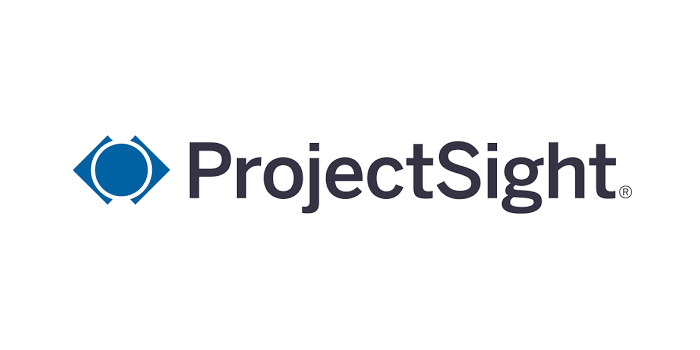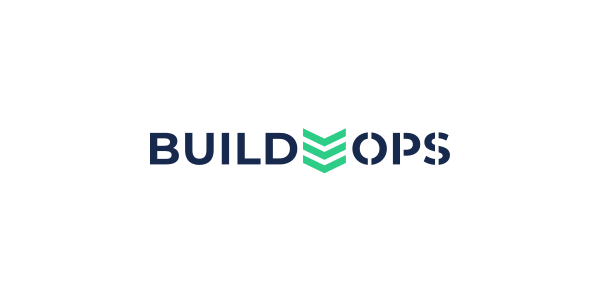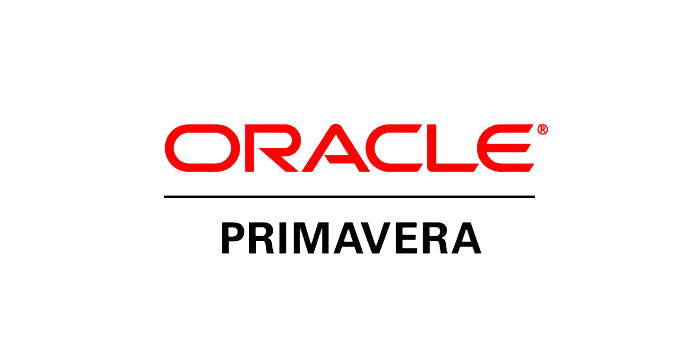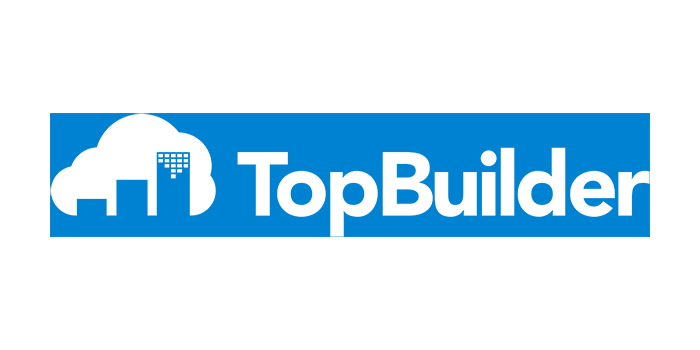
Original article posted on the Ineight blog
Organizations face increasing challenges today due to rapidly changing customer demands, market conditions, and technological advancements. Making informed decisions quickly and accurately is critical to staying ahead of the competition. Artificial Intelligence (AI) is a powerful tool that can help organizations make more intelligent decisions by leveraging data-driven insights and automation capabilities. This discussion will explore how AI can be leveraged in design and construction for more thoughtful choices.
AI IN CONSTRUCTION
Construction projects can be complex and time-consuming, and AI can help streamline processes, reduce costs, and improve efficiency. AI can be leveraged in various aspects of construction:
Project Planning and Design. AI can be used in the early stages of a construction project to help with project planning and design. By leveraging algorithms and machine learning, AI can analyze data from previous projects and provide insights into best practices, materials, and design decisions. AI can help architects, designers, and engineers create more efficient, cost-effective designs, reducing project timelines and costs.
Safety Monitoring Planning and Design. Safety is a top priority in any construction project, and AI can help improve safety monitoring on job sites. AI-powered tools can monitor job site conditions in real-time, alerting workers and supervisors of potential safety hazards. For example, AI-powered sensors can detect when workers are in unsafe proximity to heavy machinery, triggering an alert to prevent accidents.
Quality Control. Quality control is another area where AI can be leveraged in construction projects. AI-powered tools can monitor the quality of materials and construction work, detecting defects or issues in real-time. This can help reduce the likelihood of errors and the need for rework, saving time and money.
Construction Management. AI can also be used in construction project management to improve efficiency and reduce costs. By automating scheduling, resource allocation, and procurement tasks, AI can help construction project managers make more informed decisions, reducing delays and cost overruns.
Equipment Maintenance. Equipment maintenance is a critical aspect of any construction project, and AI can be used to improve maintenance processes. By analyzing data from sensors and equipment monitoring tools, AI can predict when maintenance is needed, reducing the likelihood of breakdowns and prolonging equipment lifespan.
Autonomous Vehicles and Drones. Autonomous vehicles and drones can also be used in construction projects to improve efficiency and reduce costs. Autonomous vehicles can transport materials and equipment to job sites, reducing the need for manual labor and enhancing safety. Drones can survey job sites and monitor progress, providing real-time data that can be used to inform decision-making.
WHAT’S THE OVERALL PAYOFF?
AI can be a powerful tool for organizations looking to make smarter decisions through all stages of the project life cycle. AI has the potential to revolutionize the construction industry by improving efficiency, reducing costs, and improving safety.
By using generative design and analyzing consumer behavior data, designers can create more innovative and personalized designs that meet individual customers’ needs.
By leveraging AI-powered tools for project planning and design, safety monitoring, quality control, construction management, equipment maintenance, and autonomous vehicles and drones, construction projects can be completed more efficiently and with greater accuracy.
As AI advances, it will undoubtedly play an even more significant role in helping organizations make smarter, more human decisions and stay ahead of the competition.
Ready to Learn More?
Schedule a one-on-one consultation to discover how InEight can help you succeed in your construction digitalization journey.













